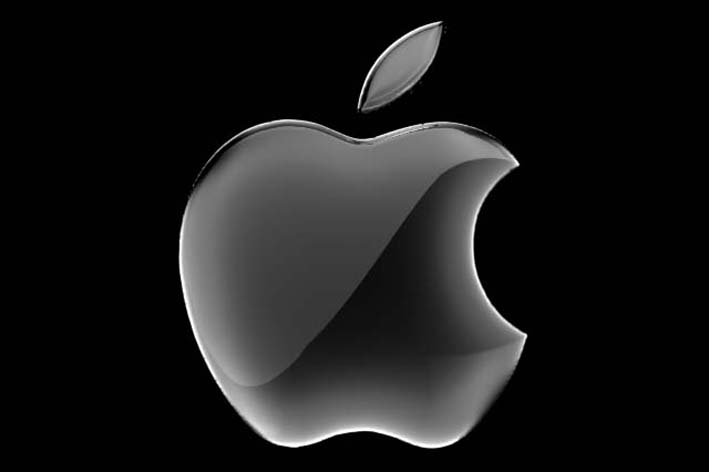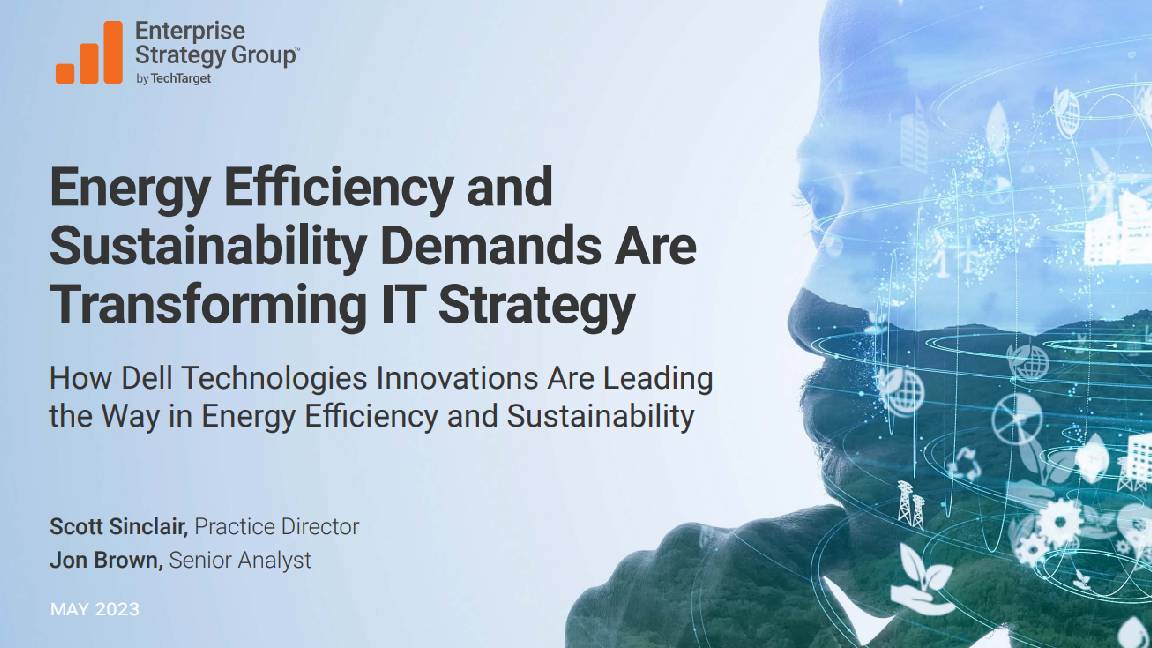Apple publishes supply chain audit report
The iPhone maker uncovers a number of violations, but details how it plans to improve conditions at facilities across its supply chain.


Apple has published its supplier responsibility report for 2012 as it looks to distance itself from reports of worker mistreatment and poor environmental records.
It marks the first time Apple has openly published a list of its suppliers, hinting at greater openness from a company that has traditionally kept its cards close to its chest.
The Foxconn factory suicides of 2010 did not shine well on the company, even though the complex was responsible for manufacturing hardware for other tech giants, including Dell and HP.
There is still a lot of work to be done in the area of environmental impact.
In 2011, an explosion at Foxconn's Chengdu factory killed four employees and injured 18 others. There was also an explosion at another Apple supplier facility in Shanghai, run by Ri-Teng, which injured 59.
Apple has also come under fire for its environmental work as well. Last year, a Greenpeace report named the iPhone maker the least green tech company. Apple has continually boasted about its eco-friendly credentials, however.
The company chose to carry out 229 audits across its supply chain in 2011, representing an 80 per cent increase over 2010. In particular, Apple focused more heavily on Asian countries, such as China and Malaysia.
Get the ITPro daily newsletter
Sign up today and you will receive a free copy of our Future Focus 2025 report - the leading guidance on AI, cybersecurity and other IT challenges as per 700+ senior executives
"Apple is committed to driving the highest standards for social responsibility throughout our supply base," the report read.
"We require that our suppliers provide safe working conditions, treat workers with dignity and respect, and use environmentally responsible manufacturing processes wherever Apple products are made."
Apple did find a number of violations going against its Supplier Code of Conduct, saying it was working with suppliers to correct issues.
There were six cases where underage workers were being employed across five facilities.
"In each case, the facility had insufficient controls to verify age or detect false documentation," Apple found. "We found no instances of intentional hiring of underage labour."
When looking into discrimination, Apple found 56 facilities that did not have policies and procedures prohibiting discriminatory practices based on pregnancy. Another 52 did not have procedures in place to prevent discrimination based on results of medical tests.
The company also discovered 42 facilities violated payment practice rules, whilst 68 did not provide benefits as required by national laws.
At 93 facilities, over 50 per cent of workers were exceeding weekly working hour limits of 60.
Apple detailed what it was doing to improve conditions at its supplier complexes. At the troubled Shenzen factory in China, workers now have access to psychological counseling, including a 24-hour hotline.
Employee assistance programmes, designed by mental health experts, have been introduced at another three facilities.
Apple said it recognised "there is still a lot of work to be done in the area of environmental impact." It has committed to various improvements, including an expansion of the number of specialised environmental audits across its supply chain.
Tom Brewster is currently an associate editor at Forbes and an award-winning journalist who covers cyber security, surveillance, and privacy. Starting his career at ITPro as a staff writer and working up to a senior staff writer role, Tom has been covering the tech industry for more than ten years and is considered one of the leading journalists in his specialism.
He is a proud alum of the University of Sheffield where he secured an undergraduate degree in English Literature before undertaking a certification from General Assembly in web development.
-
 Should AI PCs be part of your next hardware refresh?
Should AI PCs be part of your next hardware refresh?AI PCs are fast becoming a business staple and a surefire way to future-proof your business
By Bobby Hellard
-
 Westcon-Comstor and Vectra AI launch brace of new channel initiatives
Westcon-Comstor and Vectra AI launch brace of new channel initiativesNews Westcon-Comstor and Vectra AI have announced the launch of two new channel growth initiatives focused on the managed security service provider (MSSP) space and AWS Marketplace.
By Daniel Todd
-
 Beyond the upgrade: How to maximize IT investments and minimize waste
Beyond the upgrade: How to maximize IT investments and minimize wasteHow to maintain optimal performance and productivity with your fleet of hardware and stave off the next upgrade cycle for a bit longer
By ITPro
-
 Energy efficiency and sustainability demands are transforming IT strategy
Energy efficiency and sustainability demands are transforming IT strategywhitepaper How Dell Technologies innovations are leading the way in energy effiency and sustainability
By ITPro
-
 Energy efficiency and sustainability demands are transforming IT strategy
Energy efficiency and sustainability demands are transforming IT strategywhitepaper How Dell Technologies innovations are leading the way in energy effiency and sustainability
By ITPro
-
 Your guide to smarter printing: 2024 edition
Your guide to smarter printing: 2024 editionWhitepaper Making smarter printing simple for all businesses
By ITPro
-
 How to empower employees to accelerate emissions reduction
How to empower employees to accelerate emissions reductionin depth With ICT accounting for as much as 3% of global carbon emissions, the same as aviation, the industry needs to increase emissions reduction
By Fleur Doidge
-
 How much say does IT really have in sustainability initiatives?
How much say does IT really have in sustainability initiatives?ITPro Network Vendors are ready to proclaim their green credentials, but as members of the ITPro Network explain, making changes on the ground can be complex
By Jane McCallion
-
 ESG: Designing the ideal digital work experience for the next generation of innovators
ESG: Designing the ideal digital work experience for the next generation of innovatorsWhitepaper What users want, why it's critical to give it to them, and how the whole organization can benefit
By ITPro
-
 What the US-China chip war means for the tech industry
What the US-China chip war means for the tech industryIn-depth With China and the West at loggerheads over semiconductors, how will this conflict reshape the tech supply chain?
By James O'Malley